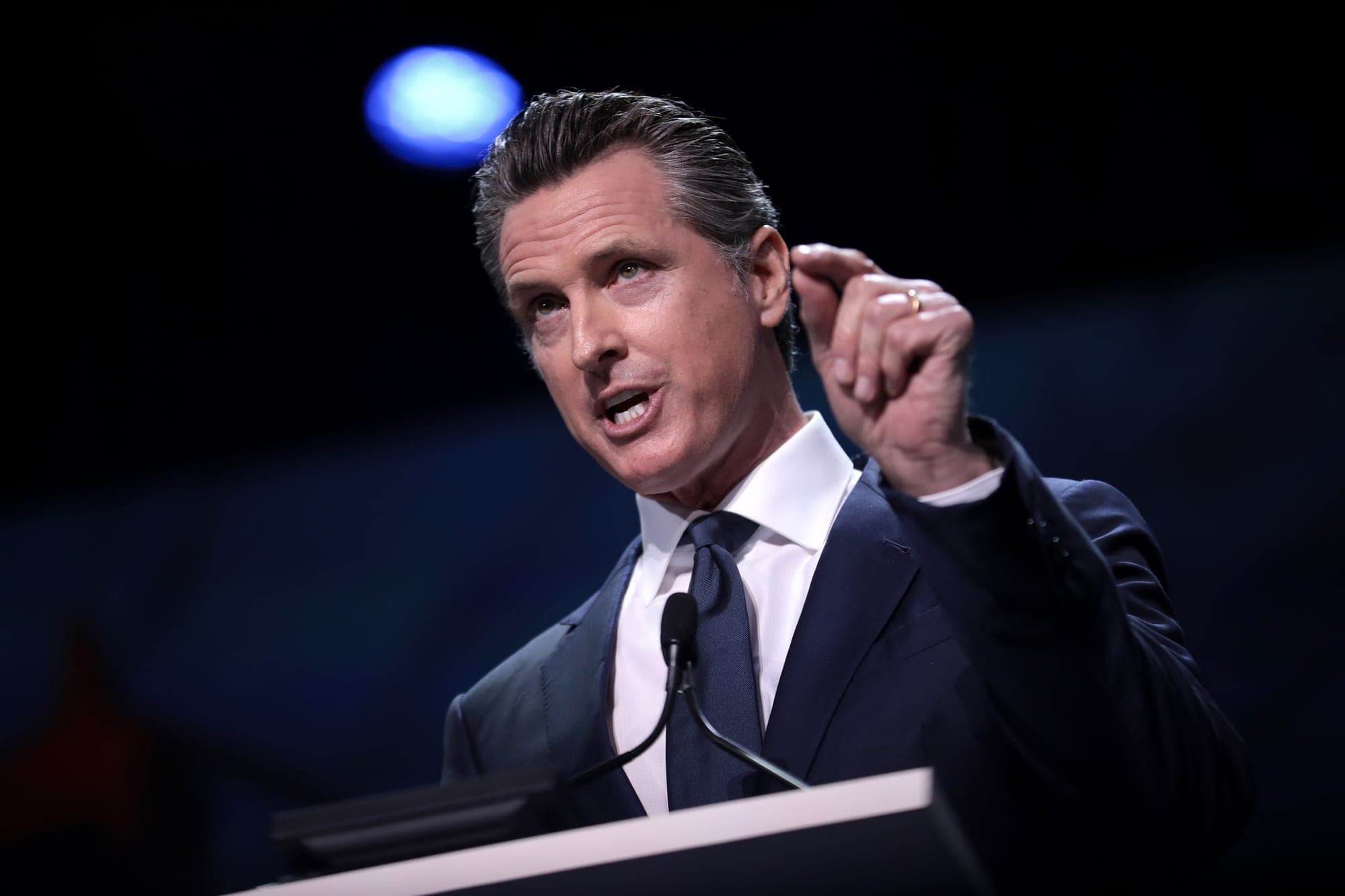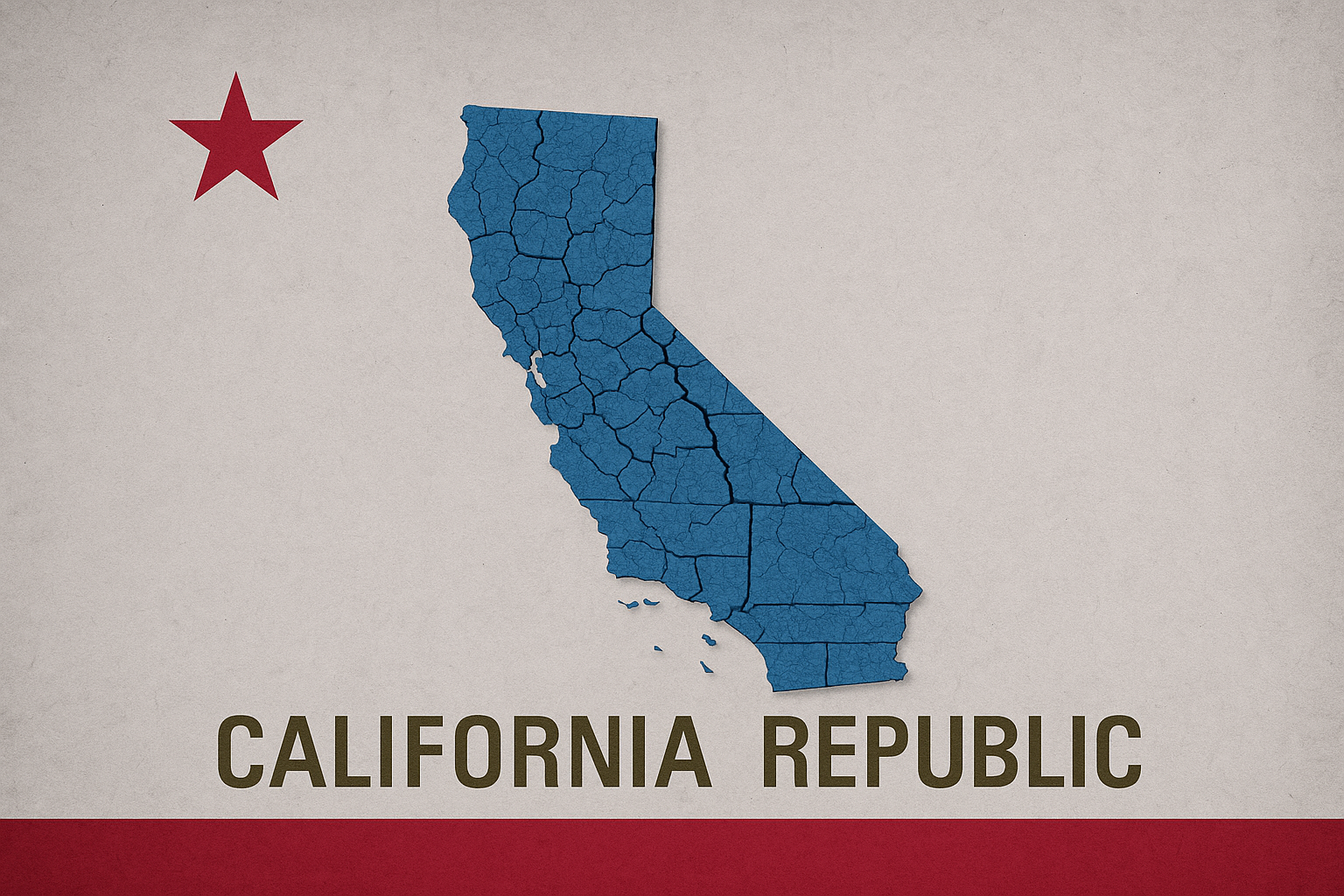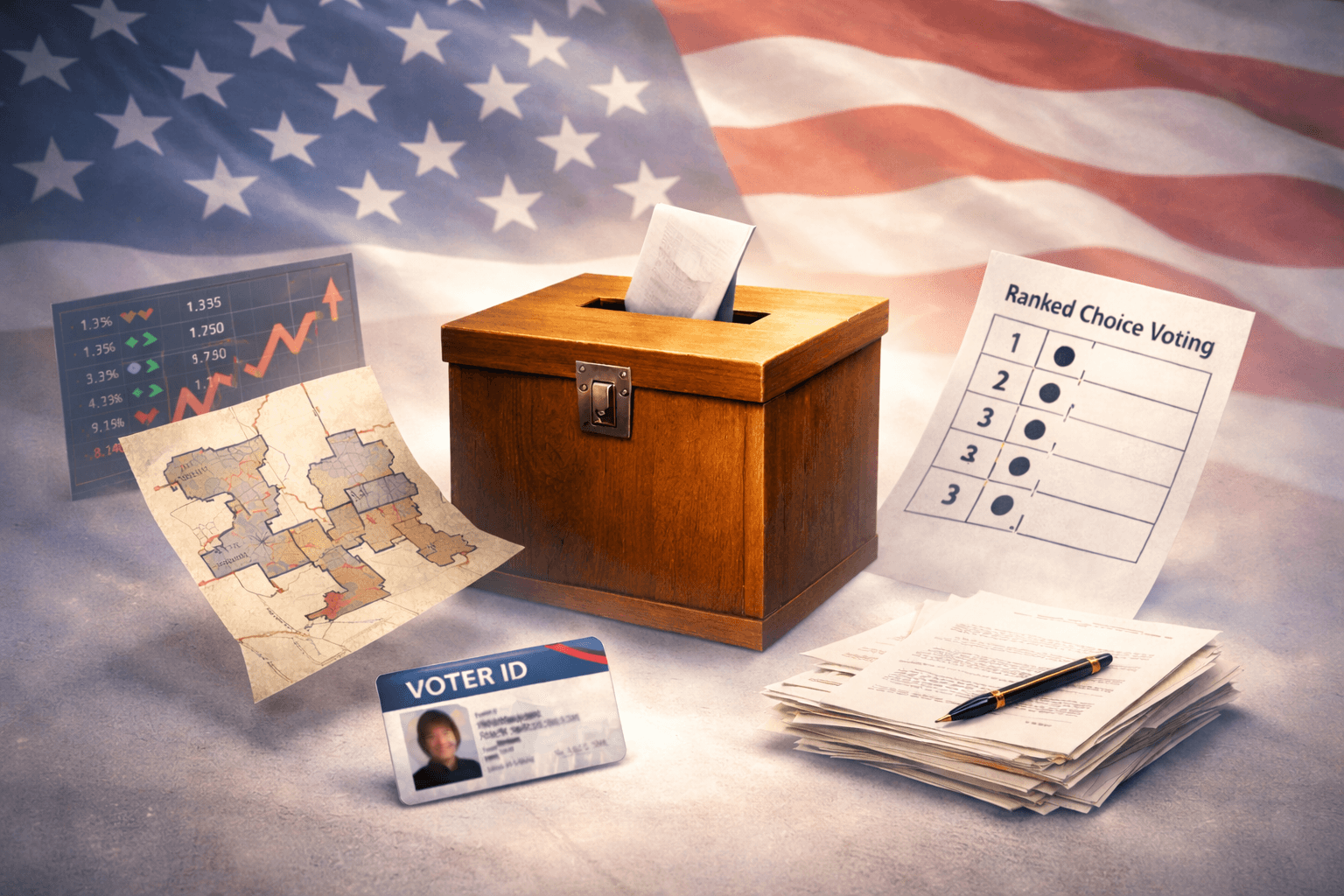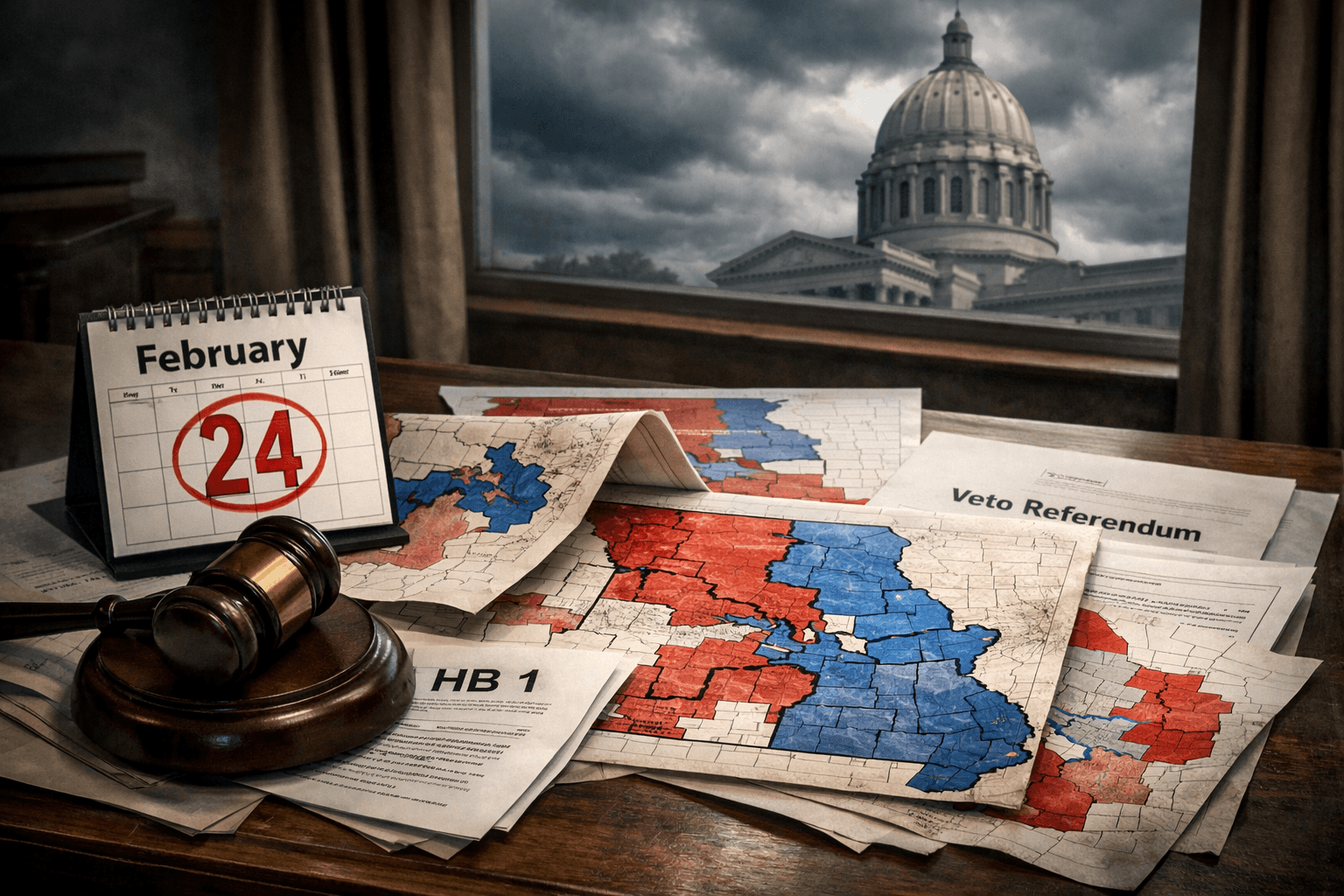Newsom Builds National Donor Base with Prop 50 While Gerrymandering War Escalates

The ongoing mid-decade redistricting battle between the Republican and Democratic Parties, which now literally spans from the west coast in California to the east coast in Virginia and North Carolina, may be the final nail in the coffin for an old saying in U.S. politics:
Specifically, “All politics is local.”
The more everything becomes nationalized and seen solely through the lens of which party has the advantage in Congress and in the White House, the less local representation matters – and the more the parties focus on a “winner-takes-all” mentality.
In California, for example, Gov. Gavin Newsom – just days before the special election to pass a legislative gerrymander under Prop 50 – bragged on X that millions of dollars poured into the “Yes on 50” campaign from “all 50 states.”
“We’ve raised $38 million together,” he said in a video. “We’ve raised enough money to win this campaign.” He added, “The fact that you stepped up from all 50 states to get us in a position to win the campaign is extraordinary.”
Newsom is underreporting the amount of cash contributions that were made in support of Prop 50. In total, roughly $116 million was raised to pass a legislative gerrymander that could hand Democrats 92% of California’s congressional seats.
This does not include in-kind contributions, which includes resources, supplies, and campaign tools that have monetary value. “Yes on 50” brought in 73% of the more than $160 million in total contributions that went toward the election.
Meanwhile, the “No on 50” campaign all but ran out of cash a week before Election Day.
If the $38 million figure solely represents small-dollar contributions, a considerable amount given to the "Yes" campaign came from megadonors like George Soros, state and national groups like the California Teachers Association, and PACs like the House Majority PAC.

It is not common for leaders of a statewide ballot measure to boast about out-of-state contributions since it is something that can be used by the opposition to suggest that out-of-state voters are trying to push their agenda where it doesn’t belong.
Newsom has framed this as a national fight -- and to be fair, gerrymandering is a national issue. However, Prop 50 only affects representation in California. Specifically, representation in the U.S. House where members are supposed to represent the values and priorities of their district.
Prop 50 suspends an independent congressional map drawn and approved unanimously by the California Citizens Redistricting Commission in 2021, meaning it got the thumbs up from all Democratic, Republican, and independent commissioners.

Republicans make up a quarter of the registered voting population in California, yet under Prop 50, they could go from holding 17% of the state’s congressional seats to just 8% until the Citizens Redistricting Commission draws new maps in 2031.
Newsom has justified the need for Prop 50 as a response to Republican mid-decade redistricting in Texas at the urging of President Donald Trump. But in a way, both Newsom and Trump are approaching this from a similar mindset.
Trump wants the GOP to take 5 more seats in Texas, regardless of what the electorate looks like. Newsom wants to counter this by taking 5 seats from Republicans in California.
Either way, this is not about representation. It is about who has the advantage at the national level.
Trump believes he is entitled to more seats. Newsom says he is "saving democracy." Meanwhile, opponents to Prop 50 ask, can a party claim to defend democracy by doing the very thing its leaders say is destroying it?
Especially, when "fighting fire with fire" -- as now both sides claim they are doing -- only results in the fire spreading.
Conservative reporter Eric Daugherty posted on X that Republicans in the Kansas Senate have secured enough votes to call a special redistricting session to eliminate the state's single Democratic House seat, which Daughtery encourages.
"Cancel out Gavin Newsom's California, and then some," he wrote. The effort has hit a roadblock in the Kansas House, where it lacks the votes.
The North Carolina Legislature pushed through a new congressional map that will gerrymander out the state's only Democrat in the House. Next door, Virginia Democrats are preparing their own redistricting plan to flip 2 seats from red to blue.
Then, there is Missouri and Indiana in the mix as well.
It's what reformers call a "race to the bottom," and more states could soon join in with only 2 months to go before the 2026 midterms. Partisan gerrymandering is nothing new, but retaliatory redistricting at this scale takes an already undemocratic process to another level.
 Shawn Griffiths
Shawn Griffiths






